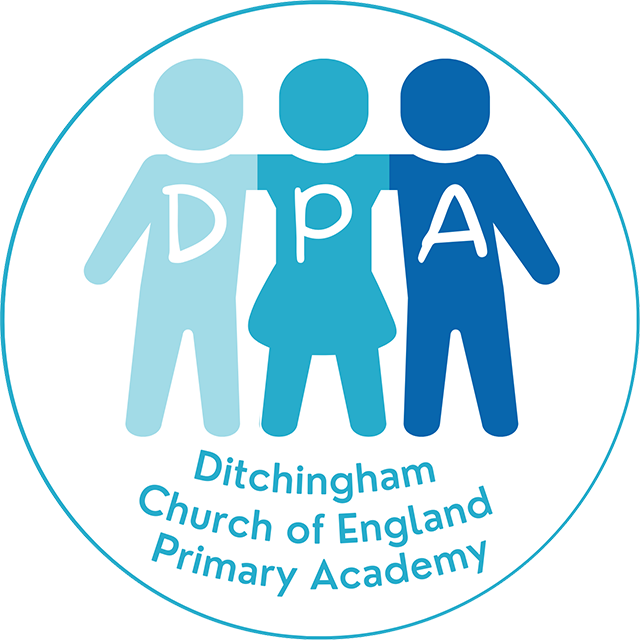Intent.
Maths mission statement
At the Kingfisher Partnership we recognise and value the huge role maths plays in school life and in the world beyond school. Being a competent and confident mathematician is a life skill all pupils are entitled to. To help achieve this we want our pupils to:
- Enjoy maths and the challenges it brings.
- Understand HOW and WHY strategies work.
- Be able to solve problems with confidence and creativity
- Be able to happily and successfully use apparatus and manipulatives
- Be prepared to have a go and not be afraid to get things wrong – be resilient.
- Believe they can achieve in maths – have a positive and friendly relationship with maths
- Help others solve problems – be a part of a maths community
- Have a range of strategies and be able to choose the right one
- Know that maths is vital in everyday life.
Implementation
Curriculum
Maths is a core subject and it is assessed nationally at the end of Year 2 and Year 6 as part of the national Standard Assessment Tests. (SATs). The 2014 National Curriculum sets out expectations of mathematical skills and abilities pupils need to have at these times. The Kingfisher Partnership has adopted a cyclical curriculum using White Rose Primary school maths resources | White Rose Maths to make sure everything we need to cover has been taught at the right time and at the correct level of challenge. This means that the main strands of maths: number & place value, addition, subtraction, division, multiplication, fractions, measurements, geometry and statistics are taught in units lasting about a week and are then revisited regularly throughout the year and years. At the same time pupils are also encourages to talk about maths, explain and describe their ideas and strategies and to be able to listen to each other and change their thinking. Being wrong and having the skills and resilience to put it right is a key part of being a good mathematician
Additional Activities
Pupils have maths lessons every day. Pupils also have ‘maths meetings’ during the week, these are short sessions where we revisit some of the strands not currently being taught to help make sure the skills and knowledge is not forgotten. These sessions generally involve talking about maths, sharing ideas, solving problems and remembering how maths links together. Often number and word sentences are written down but this is not the main focus of these sessions.
Pupils also have the chance to develop and improve their own Times Tables skills through tools such as Times Tables Rock stars.

